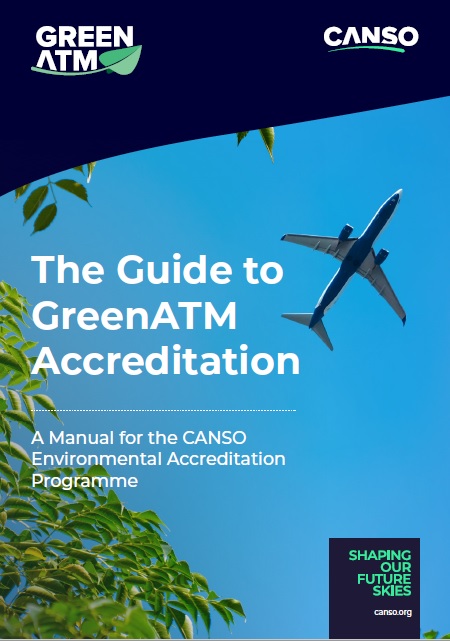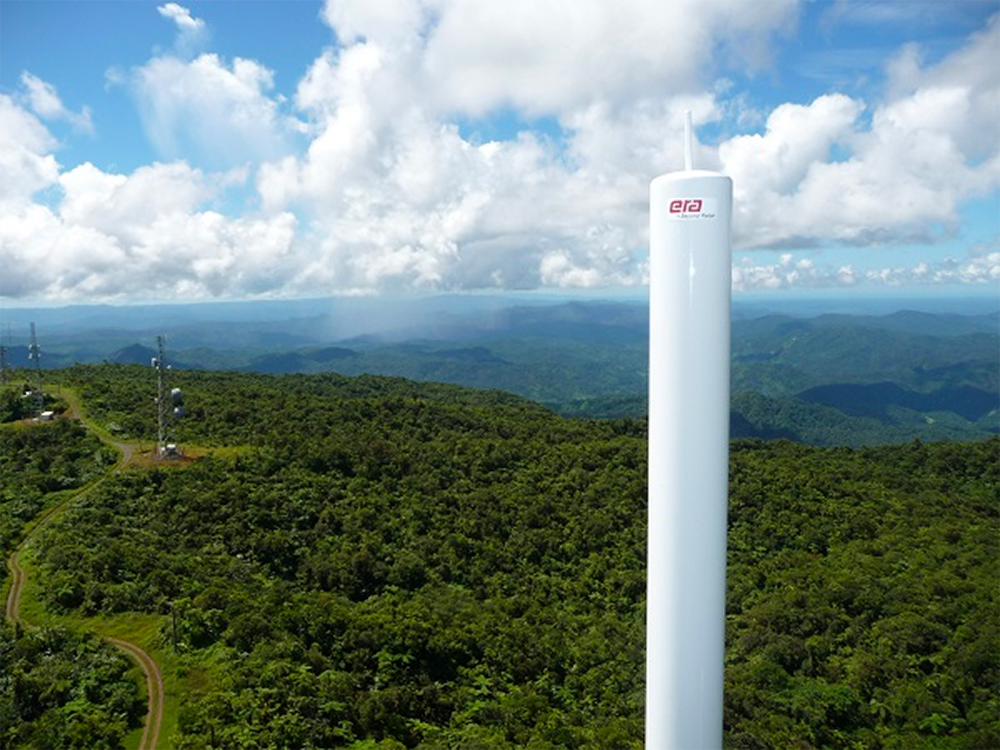CANSO GreenATM accreditation programme now open
CANSO has officially launched its new environmental accreditation programme with the publication of the programme manual, A Guide to GreenATM Accreditation.

The CANSO GreenATM Programme provides air navigation service providers (ANSPs) with an independent, industry endorsed, accreditation of their environmental efforts. Through the programme, ANSPs are assessed with respect to their direct environmental impact, as well as their efforts to facilitate the reduction of emissions by airspace users.
To receive accreditation, ANSPs must complete the questionnaire, which covers a broad range of topics related to governance and policy, ground, terminal and enroute operations, infrastructure, and procurement practices among others. The questionnaire responses are then assessed against the programme’s 5 levels to determine eligibility for points towards accreditation. The design of the programme’s points system ensures that ANSPs are rewarded for action on the items likely to deliver the most environmental benefit.
The programme’s topics and five accreditation levels serve as a valuable guide for ANSPs looking to improve their environmental and sustainability performance and can serve as a framework in support of dialogue with ATM stakeholders on critical sustainability issues.
Michelle Bishop, Director Programmes, CANSO, said: “We are delighted to be able to offer ANSPs an accreditation programme that is specifically designed with knowledge of their unique business and how they can influence sustainability, both within their own operation and that of their customers. The reaction to the programme has been very positive, and we look forward to presenting the first accreditation awards next year.”
CANSO is delivering the programme with the support of Think Research Ltd, who will undertake the initial assessment of ANSP submissions. ANSPs looking to participate in the programme should contact greenatm@think.aero to obtain the questionnaire.


